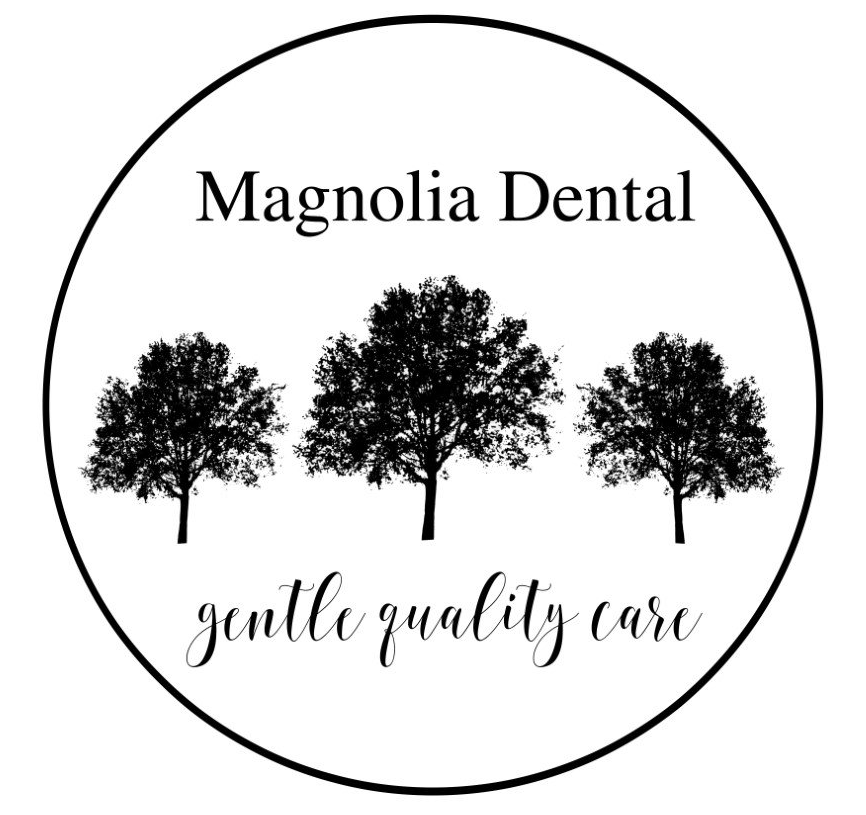Crowns function as full coverage restorations that cover a tooth that is likely to break. These are most commonly done after a root canal or when a filling wears out. The larger the hole made by a cavity, the more likely a crown will be required. Crowns help to prevent teeth from cracking and aid in creating a nice smile.
It will take two appointments to restore a tooth with a crown. Any decay is removed and shaped on the first day to accept the crown. Following this, an impression is made to fabricate a crown. Crowns are typically high-strength porcelain, gold alloys, all-ceramic materials, or gold. A temporary crown can be worn during the intermittent period between the first and second appointments.
E4D
E4D involves crown preparation and delivery in one visit. This revolutionary procedure utilizes CAD CAM technology to ensure the patient's porcelain crowns are at no extra charge.
Root canal treatment
Root canal treatment is necessary when a cavity is allowed to reach the pulp of a tooth. Although regular cleanings and checkups prevent and detect problems early, neglect can lead to more severe damage. Sometimes deep damage to a tooth may cause the nerve to be damaged to the point that root canal therapy is the only viable option. Symptoms of a root canal include sensitivity to hot or cold items, pain, swelling, pain to biting or pressure, and a bad taste in the mouth. Many times, however, no symptoms are apparent, and the person is unaware of any problem until a checkup.
Bridges
When a missing tooth creates unwanted space, a bridge can take its place. Bridges use surrounding teeth for support and manage to maintain the general shape and structure of the mouth while replacing the missing tooth. The materials used for a bridge include gold alloys, porcelain bonded to a metal alloy, or all ceramic material. The choice of material depends on strength, wear, and aesthetics requirements.
Missing teeth should be treated as soon as possible. If left untreated, the surrounding teeth shift inward, creating a negative chain reaction. Issues with the jaw, gums, and shape of one’s mouth can be the natural result. We recommend a bridge as a reliable and safe alternative.

Dentures
The entire mouth is examined, and a determination is made as to which teeth will have to be removed and which will remain. The loose teeth are then extracted. Dentures are fitted to go over or around whatever teeth remain in the mouth, depending on the type. There is an adjustment period after dentures are placed in the mouth, and it can take some getting used to. But once accustomed to the dentures, all the normal functionality and appearance return, and one carries on as usual. Often implants can be used to further stabilize the dentures.
Implants
Implants are another option to consider when replacing a missing tooth. In this procedure, a small titanium bar is implanted into the bone and allowed to set. The bone will then grow around this and form a tight connection, slowing or stopping the bone loss that occurs when the root of a natural tooth is missing. When an implant is firmly set in the mouth, the dentist can attach the replacement tooth to the top of the bar. This solution does not stress surrounding teeth for support and allows for implant replacement along the structure of the bar.
Additionally, we offer mini dental implants that are about half the diameter of traditional implants and are used mainly to stabilize lower dentures. These implants can be placed in one appointment and immediately used. They are 50-70% less expensive than standard dental implants; call us today for a free consultation.

TMJ treatments
TMJ (temporal-mandibular joint) refers to the temple area of the skull, where the head and jaw meet. Issues with this joint may be caused by a misalignment of the teeth, trauma, or excess muscle tension. Resulting issues in this area can cause:
- Headaches
- Earaches
- Trouble/soreness in opening and closing the mouth
- Clicking or popping of the jaw
- Pain in the jaw muscles
- Soreness in the area, sometimes extending to the face
Dentists treat TMJ disorders by replacing missing teeth, moving teeth, adjusting the bite, and filling gaps between the teeth. There is no single solution that is proper for all cases. Sometimes a plastic mouthpiece can be used to prevent grinding or clenching, but surgery may be the only option if a chronic condition has emerged with structural damage. Talk to us today about advanced dental treatment in Waynesboro, VA.






